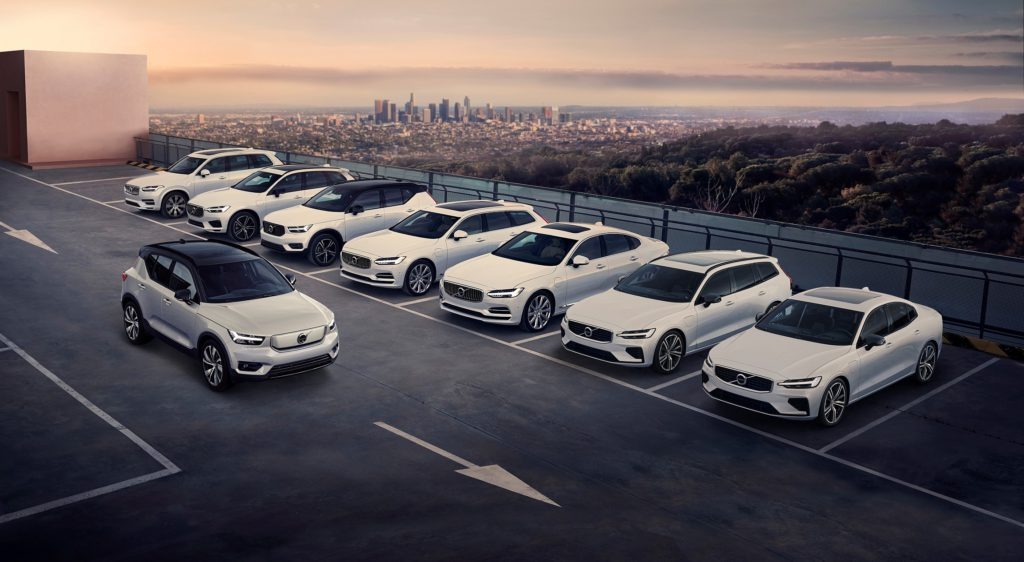Blockchain to help Volvo trace its cobalt supply
06 November 2019

6 November 2019
Volvo Cars is to become the first manufacturer to implement worldwide traceability of the cobalt used in its batteries.
Traceability of raw materials used in the production of lithium-ion batteries, such as cobalt, is one of the main sustainability challenges faced by carmakers. By applying blockchain, Volvo believes it can give customers peace of mind that the cobalt used in their vehicle has been sourced responsibly.
Blockchain technology, which establishes a transparent and reliable shared data network, significantly boosts transparency of the raw material supply chain because the information about the material’s origin cannot be changed undetected.
Volvo Cars has now reached an agreement with its two global battery suppliers, CATL of China and LG Chem of South Korea, and leading global blockchain technology firms to implement traceability of cobalt, starting this year.
Technology firms Circulor and Oracle operate the blockchain technology across CATL’s supply chain following a successful pilot earlier this summer, while the Responsible Sourcing Blockchain Network (RSBN), together with responsible sourcing specialists RCS Global and IBM, is rolling out the technology in LG Chem’s supply chain.
′We have always been committed to an ethical supply chain for our raw materials,’ said Martina Buchhauser, head of procurement at Volvo Cars. ′With blockchain technology, we can take the next step towards ensuring full traceability of our supply chain and minimising any related risks, in close collaboration with our suppliers.’
How it works
A blockchain is a digital ledger containing a list of records linked to each other via cryptography. Within supply chains, the technology creates records of transactions that cannot be changed, while also enforcing a common set of rules for what data can be recorded. This allows participants to verify and audit transactions independently.
In this particular case, data in the blockchain includes the cobalt’s origin, attributes such as weight and size, the chain of custody and information establishing that participant’s behaviour is consistent with OECD supply chain guidelines. This approach helps create trust between participants along a supply chain.
Sustainable source
The agreements between Volvo Cars, CATL and LG Chem cover the supply of batteries over the coming decade for next-generation Volvo and Polestar models, including the recently launched XC40 Recharge.
Last month, the Swedish carmaker announced a plan to reduce its lifecycle carbon footprint by 40% between 2018 and 2025, as it furthers its ambition of being a climate-neutral company by 2040.
To realise the significant 40% reduction of its CO2 footprint per car by 2025, the company has devised several ambitions for different parts of its operations. The previously communicated goal of generating 50% of global sales from fully electric cars by 2025 is a prominent one, which would result in a 50% reduction in tailpipe carbon emissions per car between 2018 and 2025.
Other short-term ambitions include a 25% reduction of CO2 emissions related to its global supply chain by 2025, a 25% share of recycled plastics in new Volvo cars by 2025 and a 25% reduction of carbon emissions generated by the company’s overall operations, including manufacturing and logistics.